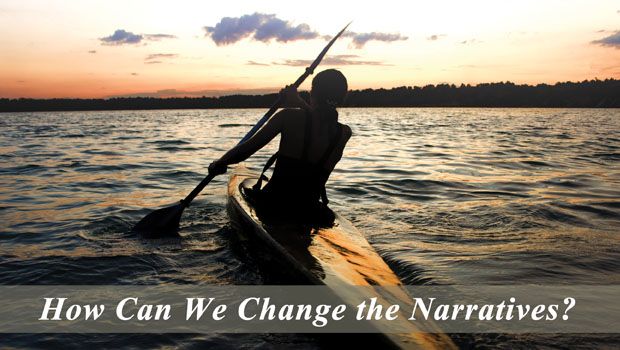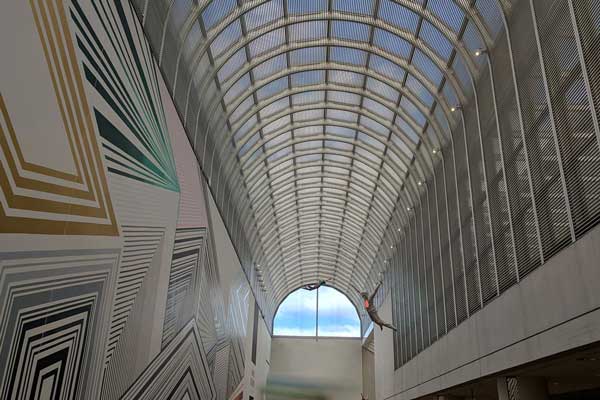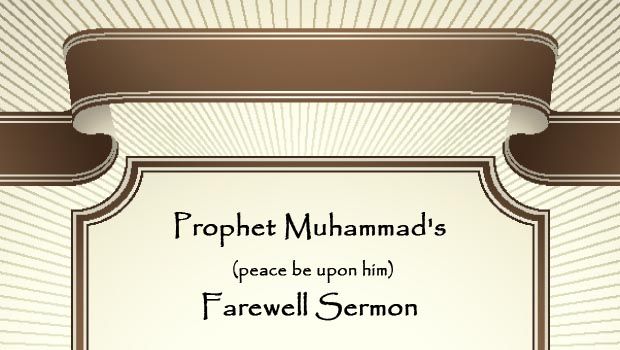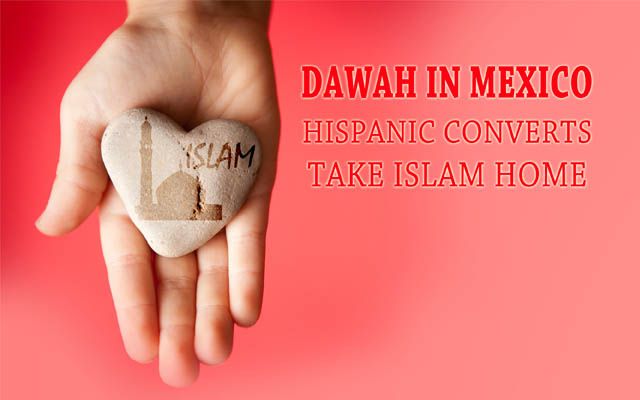It is January 7, 2015 and winter has finally arrived, infiltrating my coat with icy fingers. Craving strong coffee, served in a glass in the French-North African style, I enter the familiar warmth and murmur of a local cafe. Above the chairs and tables the television flickers, as always, but instead of the usual soccer game, there are live images of a terror attack in Paris. A masked gunman executes a defenseless man lying on the sidewalk. Then the footage of the despicable act is replayed again and again. Such a deed, done in the name of God and His Prophet – what a cognitive dissonance!
I order my coffee and stare at the screen. I notice that the others in the café seem to ignore the news. I wonder why.
All around the world others are receiving such news in bits and pieces flowing along the facebook river, or communicated in cascades of tweets, another mass casualty shrunk down to the size of a smart phone. Syria’s 200,000 dead and millions suffering fit into this tiny, tech-compressed world, so why not a few cartoonists in Paris as well? And in response, our feelings shrink in size to shame, denial and even, perhaps, disinterest.
Faced with mean-spirited cartoons, extremists must have felt strong anger and resentment. They have acted out their fantasy, an angry video game version of jihad. In response, anti-Muslim hooligans take revenge through vandalism and threats against Muslims. Competing narratives of resentment unfold, in a flickering nightmare reflected in the media’s ever-roaming eye and delivery of all-consuming sensationalism. We, for our part, wander through our social media lives chasing insatiable appetites, and sleepwalking through rituals of selective attention and forgetting. Propaganda controls the devotee of Fox News and (al Qaeda’s) Inspire alike. Media is both victim and victimizer. Can we be surprised to find ourselves in this colorful trap? As Marshal McLuhan observed many years ago, “the Medium is the message.”
Of course for a Muslim, the true Message of the prophets exists on a higher spiritual and existential level. The vexing challenge of receiving and properly understanding this gift of wisdom predates the stranglehold of social media. Like other spiritual traditions Islam teaches how true freedom of spirit is yielded out of simplicity and purity of character, grounded in the clarity and carefully focused perceptiveness of faith. But how far we are from such a state of being!
Muslims and Public Communication
When there is a crisis in our community, like a particularly well-publicized terror attack, our leaders step up. Who and what are Muslim leaders? I don’t just mean scholars and imams. Leadership is defined by service to the community – this takes many forms, and in our community, many volunteers. There is no shortage of crises. And so it is important that we share responsibilities and skills; that we act locally, nationally and globally, and not just on facebook; and that men and women of all ages feel that they can be of service. Leaders must make room for other leaders. And some must help coordinate a public message.
Those of us who speak publicly (even if only occasionally) learn to “message” to the media, meaning that we spin a specific version of events in the service of our social and community interests. If we fail to develop effective outreach to the media, if we fail to be proactive, then the media will frame the issues in ways that may exclude, defame, or even demonize our community.
To adapt to the very short attention span of most media consumers the mainstream media likes sound bites and slogans. I find that slogans are like fast food—easy to pop one in the mouth but after you chew on the words a while there is not a lot of nutritional value and you may even find a bitter aftertaste. However I do not think we can ignore the challenge of getting our voices heard, at a time when the noise level is so high and the public attention span is so short. When there is a terror attack, there is more noise; but also that famous window of opportunity opens. Will our engagement bring a breath of fresh air or merely add to the clamor?
Each time an incident occurs we ask ourselves “Do we respond or would that give undue attention to uncomfortable issues or to our opponents? What is our “frame” –that is, how do we want the media to structure its reporting? Are the media even remotely interested in our point of view, why or why not? Do we know journalists who are responsible and sympathetic and interested in our perspective? Do we have allies that can help amplify our voice and make the issue not just a “Muslim issue” when it is a wider human concern? Does yet another public condemnation of terror suggest that we are apologizing, when we are not in any way responsible? And even then, is it ever worth our time to speak on Fox networks?”
And each time an attack occurs there is a wide range of responses. Some Muslim spokespeople are in favor of speaking to any and all media, while others suspect this eagerness to be in the public eye to be a form of self promotion. While a range of response is normal, I am disappointed to hear some colleagues perceive public statements against terror to be craven apologies. To those colleagues, I ask: why do you think such statements are apologies? Isn’t this a valuable opportunity to publicly and clearly affirm the values of our faith and to speak from the heart? But it is important to speak publicly with sensitivity and a sense of compassion for others suffering at home and across the world. Let us put our egos aside and serve, and may our intentions be pure and our efforts accepted.
Seeing the images of the Paris attack, I feel a surge of adrenalin along with a sinking feeling. This anxious emotion connects less to the caffeine of my very good French style coffee than to memories of the aftermath of the 9/11 disaster. I cannot tell what 1/7 will mean for the French, but I hope that we will not see a deeper cycle of backlash, intimidation and violent outbursts. I have written to French consular and cultural affairs colleagues and also to PEN American Center, urging them to stand together with Muslims. I recall six months ago organizing a press conference to take a stand against the onslaught of ISIS and the mass killing of Yezidis and other minorities. But now I hope someone else will step up and speak out. We all share this responsibility.
I worry about Muslim leaders caught forever in a public relations mode. One danger of such a PR mentality is the creation of an enormous gap between the ideal and reality
Constructing Narratives
Media, not religion, is the opiate of the people. Online storytelling serves the “information economy” of competitive, late capitalist culture. Just notice how freely “selfies” proliferate in the facebook universe and how accepted self promotion has become. Individual narratives proliferate online. And in this way we Modern Muslims are no less “mediated” in our lives. We may wish to critically examine how this pervasive technology has impacted our own communication, our attention span and even our religious life. In “Amusing Ourselves to Death,” educator Neil Postman has written extensively on the impact of technology on public discourse and on thought itself. Oral, literate, and televisual cultures radically differ in the processing and prioritization of information. In the visual media entertainment values corrupt even the news, creating “infotainment” and cheapening our political discourse as well by constantly distracting us with cat videos and a million other videos on YouTube.
On the other hand, the Holy Quran is not constructed for mere entertainment value or even with one simple clear narrative that would be seen as effective according to contemporary media standards. Nor are the repetitive and sometimes fragmentary narrations of the Sunnah arranged in a larger narrative framework for the most part. While carrying the transformative charge of divine wisdom, these holy texts require effort from the reader to understand the deepest meanings through tafsir. The richness of language is not found on the surface or in ideology. Learning to read Islamic literature can help us to better value the rich treasury within the Quran.
Western literature is also a fruitful garden of wisdom and delight. Even today, writers seek new ways to tell subjective truth, to unfold time, to tell stories backwards and forwards according to new theories of physics. There is nothing to fear in this beautiful play and exploration. Who needs pearls when you understand the value of human tears?
Therefore let us not be brainwashed by our times to imagine that the amusement park of social media is the entire world; and that we must understand ourselves and tell our stories only in its shallow terms.
To go deeper: what stories do we tell ourselves? We can choose from an endless menu ranging from self-aggrandizing stories to the self-diminishing “I was victimized.” In fact, many of the stories we tell ourselves mainly serve to insist that we are right and others are wrong. This can be just as unhealthy as stories that support our self-image as victims. We might want to examine our unconscious narratives with a critical eye from time to time. At the same time sharing stories also is a way to share values, along with pleasure and pain. Narratives create communities of meaning that include much more than self justification for status and security.
Going beyond the post-attack press conference mode, what ongoing and deeper public narratives might nurture the Muslim community, as well as offer consolation? I fear to pose such as question: I worry about Muslim leaders (not to mention Muslim youth) caught forever in a public relations mode. One danger of such a PR mentality is the creation of an enormous gap between the ideal and reality. Muslims already have an enormous “credibility gap” whenever we insist that “Islam is the perfect religion and we, its imperfect adherents, are the best community. We widen the gap when we construct mosques that do not provide social services, or that divide congregants into ethnic enclaves. We make things worse when we fail to recognize Muslim women in the fullness of their humanity or include them in meaningful roles, even while they are excelling in academic, professional, and activist pursuits in addition to their cherished services to family and home.
In other words, we must put our money where our mouth is. The narratives we construct must be true and emerge out of an authentic dynamic, for stories don’t thrive in a vacuum or in chambers of untruth. First of all, we need to listen to each other, even if we don’t fully agree or believe each others’ perspective on race, on religion, on how to live. You know, the “nations and tribes” verse. It means crossing some of the boundaries both around us and among us, yes those pesky ethnic, racial, class and sectarian divisions, and others we may not even see.
Younger Muslims are already leading the way on this path. For example, Sr. Sharmin Sadequee has organized cultural programs in Queens, NY and Atlanta, featuring the poetry and art work of Muslim detainees. Regardless of guilt or lack of guilt, these Muslim brothers and sisters have been kept in solitary confinement for years at a time—and their suffering impacts whole families and communities. By honoring the essential (if imperfect) human voice, healing can be encouraged, with the help of God. Sr. Sadequee’s brother is a detainee so this project is very dear to her. She seeks to take this heart-moving “show” on the road and would welcome invitations.(1)
Another example of creative exploration is the Muslim Protagonist literary conference of Muslim and minority writers, artists, and thinkers at Columbia University. This symposium includes a range of Muslim voices working in various fields from science fiction to sociology, from simple blogging to multimedia extravaganza. The annual event provides a valuable chance for Muslims to reflect on their particular roles in the world, and to discuss the meaning of a wide array of Muslim community narratives. Through this project, diverse Muslim Americans are working to understand each other and the world, instead of simply letting the surrounding media objectify or problematize them.(2)
We too can seek mutual enrichment with others, but for that to occur, again, there must be authenticity in our narratives. This reminds me of a facebook exchange between two young Muslim men that I read this week, which I share with you:
Mullah Liam Ad-Deen: As a community we too often start from the assumption of perfection, to the point we include our faults and crimes as part of that perfection. While we condemn such actions, we don’t really believe that they are as bad as the faults of the imperfect others. We try to see wisdom when there is only insanity. We try to see beauty when there is only revulsion. We are in a strangulating stagnation and decay due to this false premise. This premise is the manifestation of despair, whether we realize it or not changes nothing of the reality. There is such a thing as being better, but improvement is only possible if the foundation we are standing upon is removed and rebuilt. There is no point in renovating the house when the foundation is built on sand. We should realize that and try to literally save some hearts and minds in the process
Kazim Hakan: We have false sense of unity, a false sense of unmerited superiority, a false sense of victimisation, because from a young age we are only taught the juicy bits. We also kill a child’s innocence, his/hers enthusiasm and curiosity because we make sure everything they learn and see is from within the Muslim bubble. Like you said “it’s a culture of despair” it’s also a culture of paranoia of anything different.
Conclusion
Yes perhaps we are all caught in that “Muslim bubble.” But what happens next? How do we find an honest basis for hope in a world with very serious issues? I know these two facebook friends (whom I have only recently met) care deeply about the community and are not simply venting. Like mine, their words were written during a wintry January week when despite the attack in Paris, other terror attacks in Yemen, Palestine, Iraq and Turkey, received little attention in the US press; when across the USA deep distrust between police and community is manipulated by politicians just as deeply divisive; a week when merely for advocating for freedom of religion, a blogger named Raed received a sentence of ten years of jail time, with 1000 lashes in the US-allied nation of Saudi Arabia; a week in which Ms. Pamela Geller continued to promote Islamophobia as a form of “freedom of speech” in the mass transit systems across the USA.
What a cavernous gulf between cultures and legal systems. But let’s not react. Let’s not hide in bubbles. Let’s not be paranoid cartoon Muslims, speaking in sentence bubbles. Let’s not be video game Muslims on the warpath or indeed any other sort of caricature or imaginary Muslim. Sometimes words get in the way of what is real. Words and images can multiply out of control. Like idols in some dark primitive temple they seem to move and take shifting forms in the mind. But violence does not make them vanish; on the contrary like smashed mirrors they fall into fragments; and the faces of more and more idols are reflected in the gleaming shards.
Mass crucifixions; pseudo-democratic fictions; the suffering of Muslims and human beings from Burma to Brooklyn. What would be the appropriate language for this broken, sharp edged world? Perhaps someone will construct a narrative that is informed by revelation and tradition, by creativity and compassion. A narrative that “tells it like it is.”
Meanwhile, the coffee has been drunk, a little black bitterness at the cup’s bottom winks back at me. Was it Fair Trade?
And the rest is silence.
footnotes:
1)http://supportmariusmason.org/2014/08/05/nyc-thursday-august-7th-art-of-protest-creative-stands-against-political-imprisonment/
2) Muslim Protagonist http://2014.muslimprotagonist.com/






